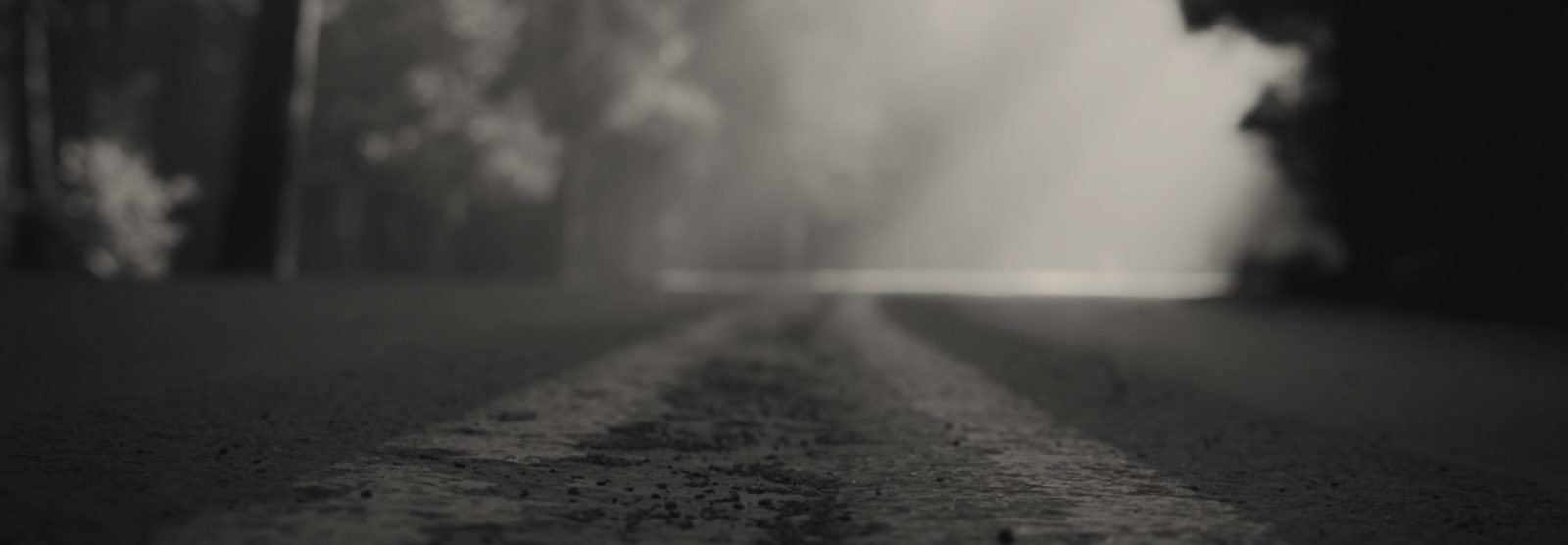Welfare Check
Here’s how federal cash assistance for low-income youth impacts whether they come in contact with the criminal legal system.

TOPICS
109 posts in ‘Decarceral Pathways’
Here’s how federal cash assistance for low-income youth impacts whether they come in contact with the criminal legal system.
The legal institutions, processes, procedures, and actors implicated in the progression of criminal cases are simply beyond reform.
Looking back on 25 years of abolitionist feminism and organizing in California.
Data-driven approaches to reform can reinforce aspects of a system that’s rotten to the core.
Everyone is redeemable. For that reason, I won’t stop fighting for those people our governor and the legislature have left to die in our prisons.
Beyond electing progressive prosecutors, decarceration requires an ambitious, multifaceted struggle at all levels of governance.
The surprising link between Medicaid expansion and arrests levels suggests that keeping people healthy also keeps them from the reach of the criminal legal system.
Many progressive prosecutors promised bold change. In Virginia and elsewhere, reformers are realizing that they’re still actors in the same machinery of injustice.
The roots of e-carceration run deep, and we need to articulate digital abolition as the solution.
A rare instance of state prisoners, state prison administrators, and the governor of California all publicly agreeing that a particular prison ought to be closed.
Maternal incarceration is but a phase for the people who experience it. It doesn’t define them.
The prison town of Susanville, in California, is about to lose its livelihood. Its economic survival presents a test for abolition.
Co-opting the language of mental health and treatment, jail expansion is taking root in several cities and localities. But these are cages all the same.
The loss of the fundamental right to reproductive freedom will only lead to more state surveillance and criminalization of pregnant people.
The case for abolishing New Jersey’s youth prisons.
Simply targeting the corporations caging migrants and other people for profit won’t create a future without mass incarceration.
One path to ending mass incarceration is ending our modern conception of public defense. And being transparent about our work is one way to start.
New Orleans’ newest jailer won’t get us out of our crisis of mass incarceration. But her election still matters as we build a safer, healthier community.
The American penal system renders invisible the many people in its grip who are working hard to make amends.
The scourge of plea bargaining is robbing millions of a different, and just as fundamental, kind of liberty.
In weighing the future of thousands placed on home confinement during the pandemic, the government should prioritize where they are now: in their communities.
The largest public health professional organization in the U.S. took a stand against carceral systems as fundamentally antithetical to public health. Here’s why that matters.
After a clean sweep in November, Republicans are now running Virginia. But the prospect of more progress, and justice, remains within reach for all Virginians.
A growing carceral state has slowly replaced the coal industry in large swaths of Central Appalachia. But even here, a different future is possible.
There’s a direct link between the penal system and community wellbeing. Here’s why, and how, I decided to teach that connection to a group of public-health students.
Our movement was born out of our shared grief. Our voices reminded voters that the police should never police themselves.
People in counties with higher jail populations are getting sicker and dying younger. The data shows that mass incarceration is playing a role.
Entire communities are singularly exposed to punishment. Understanding how is central to combating mass incarceration.
Emboldened reactionaries tried to get voters to super-fund our city’s police force. But we out-organized them, and they lost badly. Here’s how we did it.
The end of the Cyrus Vance era at the Manhattan District Attorney's Office calls for a reckoning — and opens up opportunities for his successor.